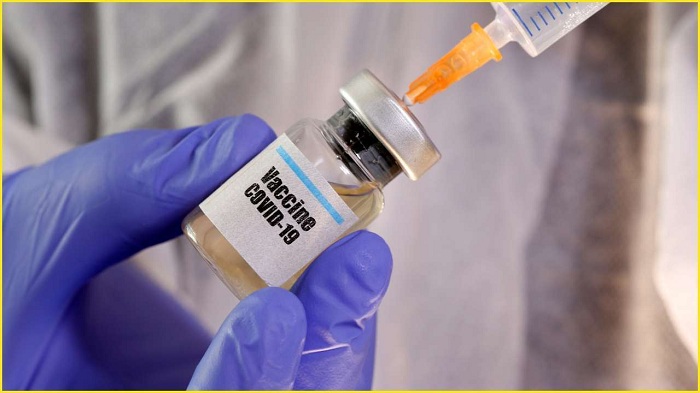A COVID-19 vaccine candidate being developed by Australia’s University of Queensland has shown “positive” results against the novel coronavirus in preclinical tests, raising hopes for its potential effectiveness and manufacturability, the varsity said on Wednesday.
According to the yet-to-be published findings, the vaccine combined with the Seqirus MF59 adjuvant, provided protection against virus reproduction in hamster models, and reduced lung inflammation, following exposure to the virus.
Associate Professor Keith Chappell, who is the project co-leader, has reported to the International Society for Vaccines on the data from animal trials conducted by Viroclinics-DDL in the Netherlands, according to a statement.
“The neutralising immune response created by our molecular clamp vaccine in animal models was better than the average level of antibodies found in patients who have recovered from COVID-19,” Chappell said.
“It also induces a strong T-cell response and showed strong results when it came to data relating to manufacturability,” he said.
The researchers noted that one of the big challenges in the development of vaccines is the ability to produce them at sufficient scale for widespread use.
They said the phase 1 study being conducted in Queensland is progressing well and assuming the study demonstrates adequate safety and immune responses, data should be available in time to commence the required large-scale efficacy study before the end of the year.




















